The Newburgh Conspiracy – Washington Ends a Crisis
By early 1783, a few high-ranking officers in the Continental Army, then stationed in Newburgh, were considering refusing to disband until Congress fulfilled their promises of a pension for the men. Their leader was General Horatio Gates, George Washington’s second-in-command. On March 10, Major John Armstrong, aide to General Gates, circulated a letter suggesting the Army refuse to disband until its demands were met and requested all officers meet the following day. On the appointed day, General Gates opened the session but was soon superseded when General Washington unexpectedly entered the room.
Tom Hand, creator and publisher of Americana Corner, explores how General George Washington’s address to his men brought an end to the Newburgh Conspiracy, and why it still matters today.
Images courtesy of Alamy, Library of Congress, National Portrait Gallery - Smithsonian Institution, The New York Public Library, Brown University Library, Smithsonian American Art Museum, Harvard Art Museums, Wikipedia.

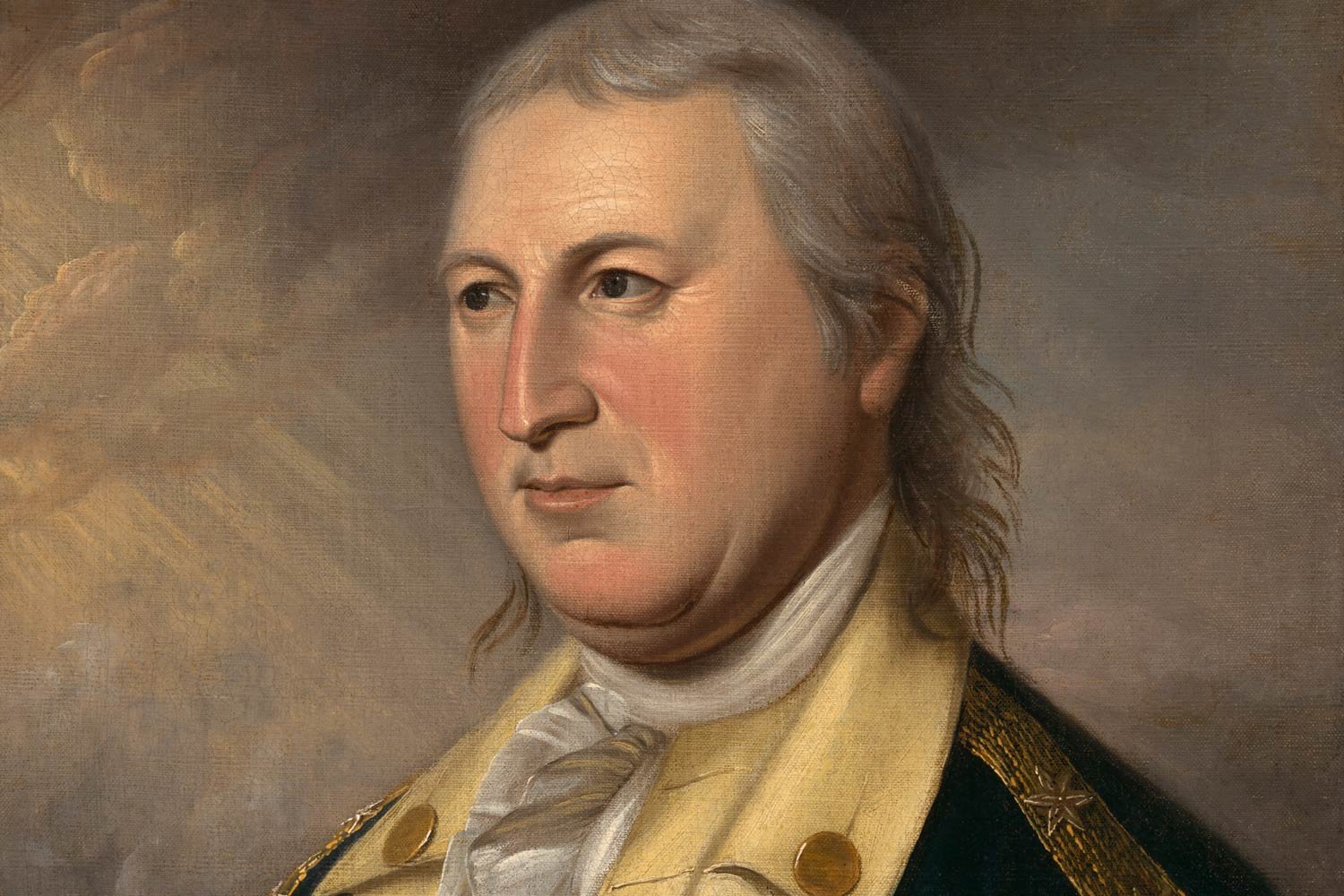
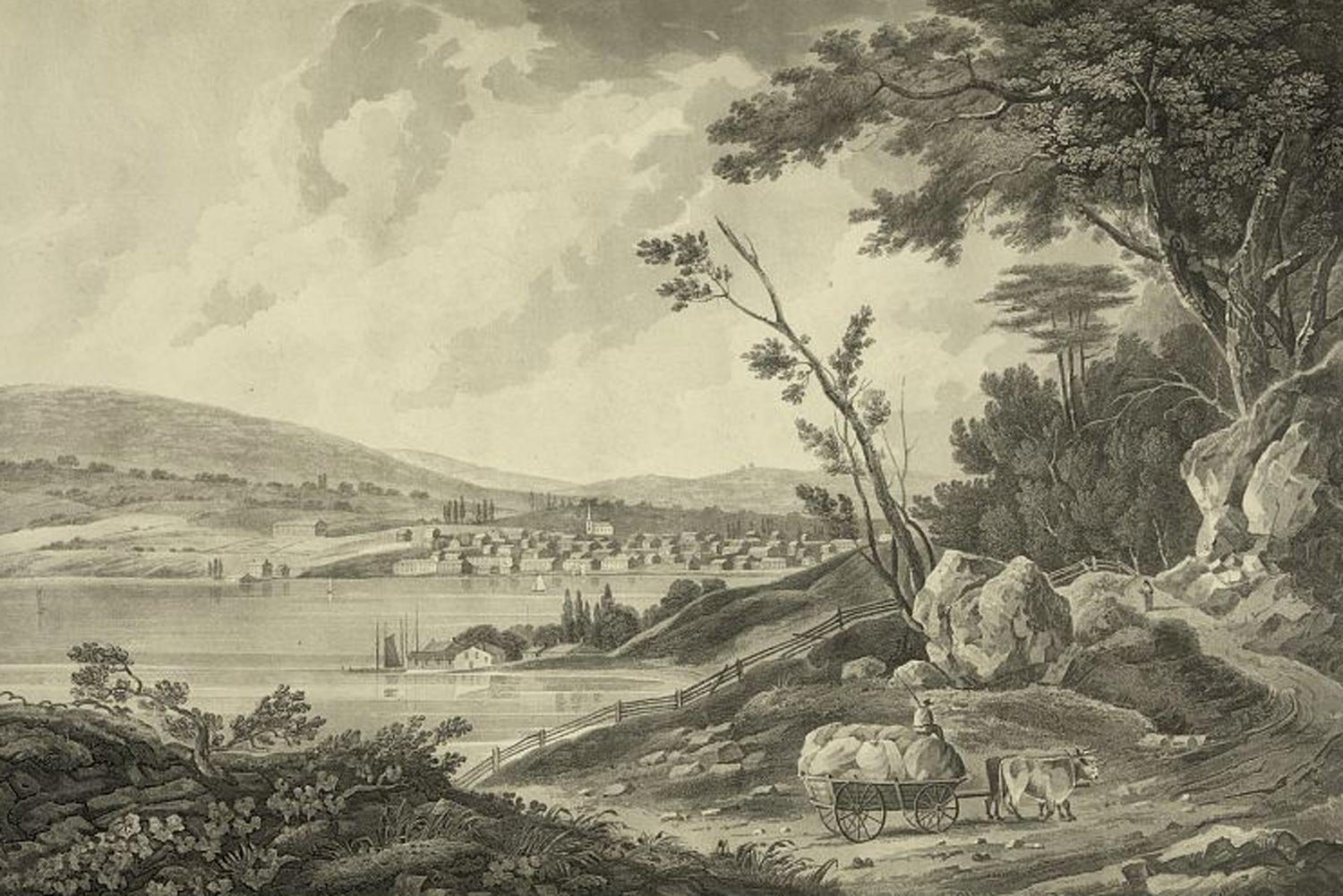
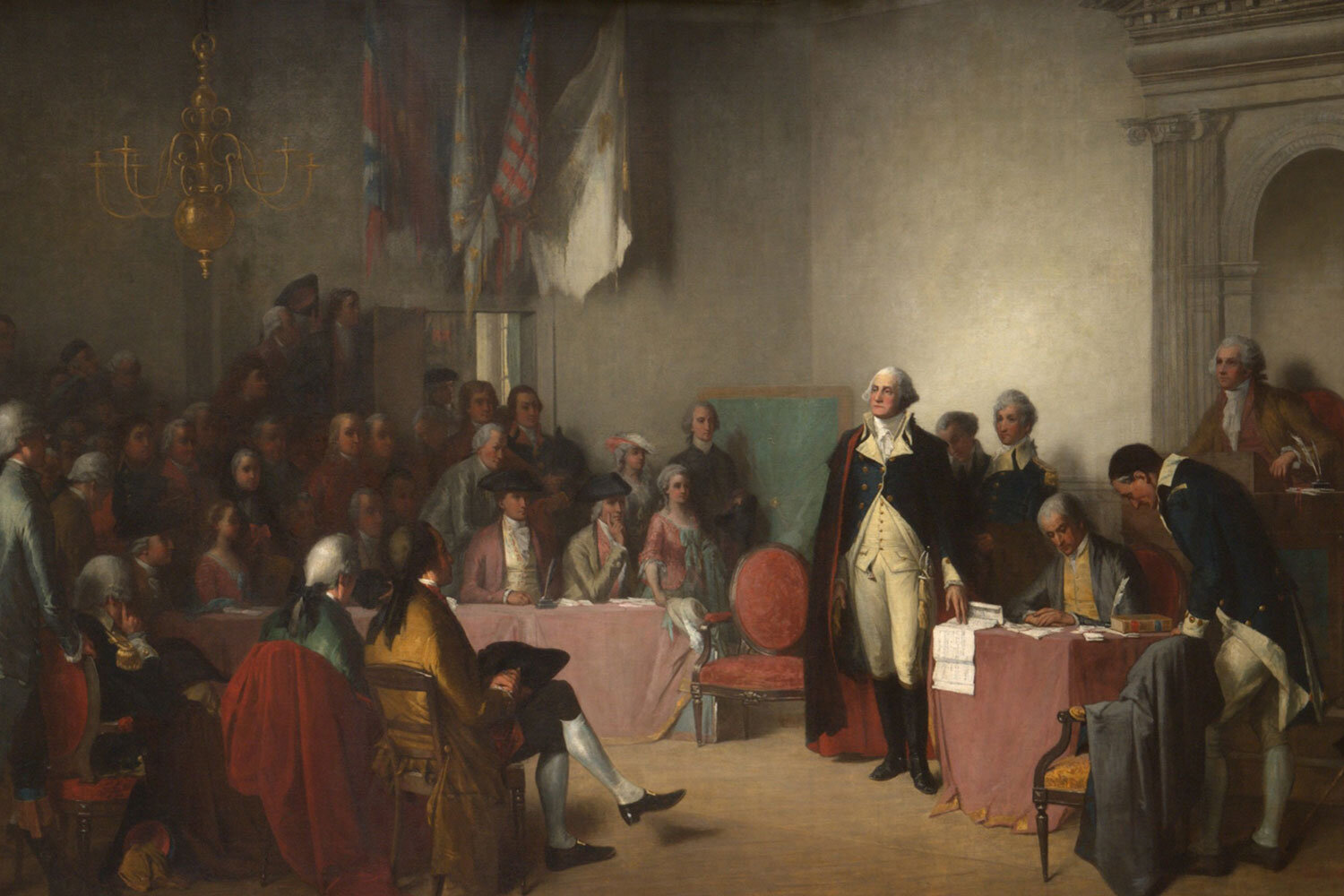
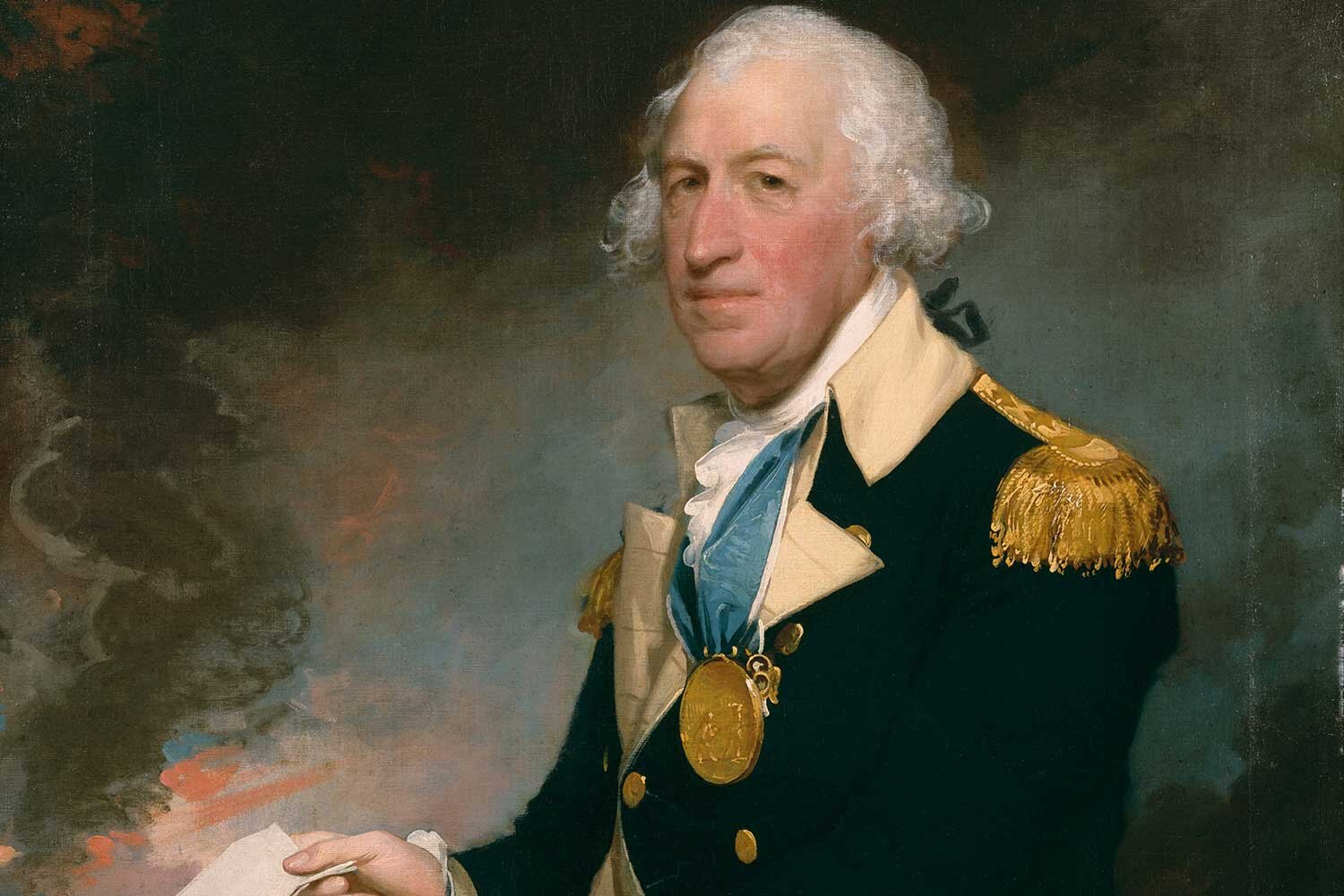
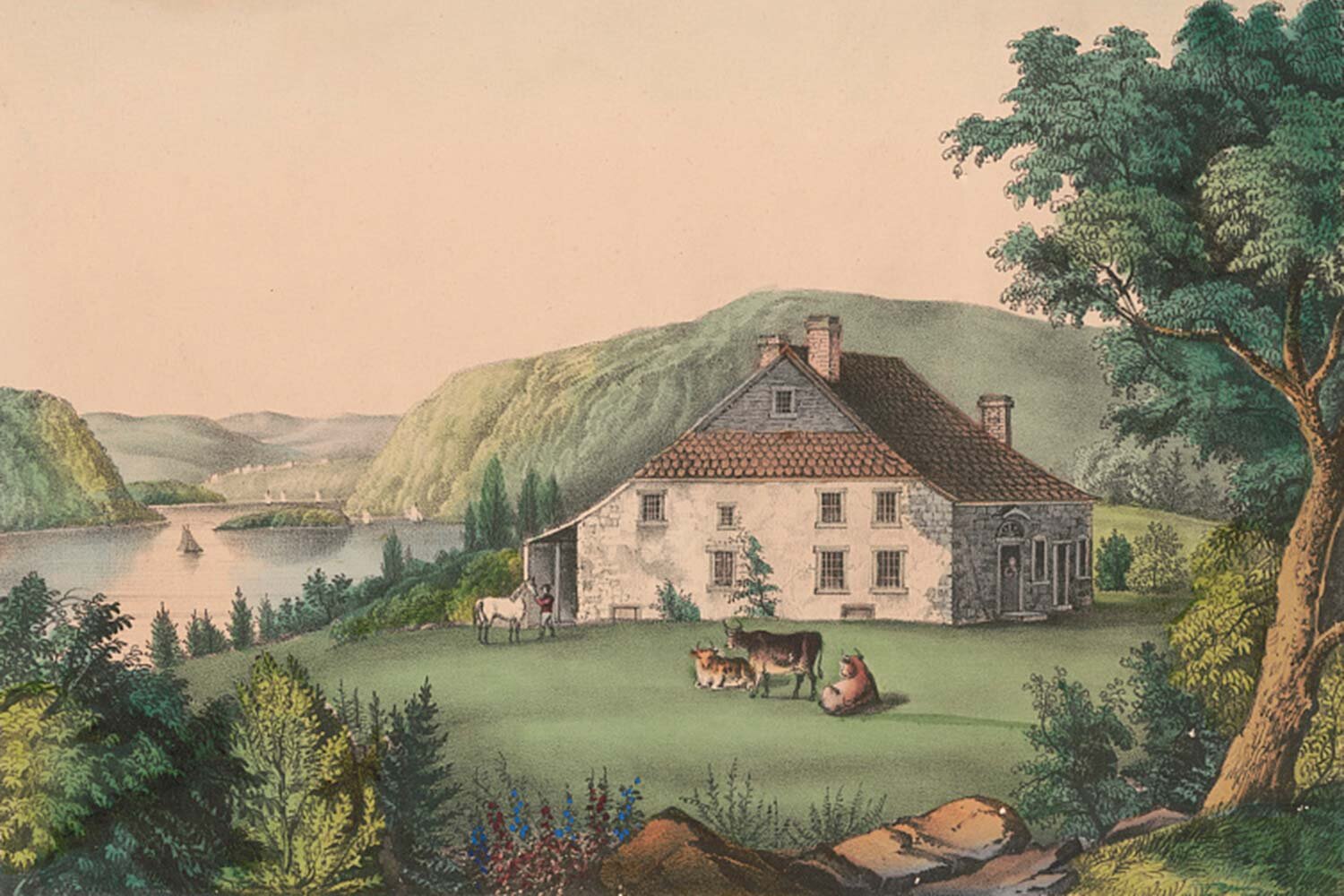
The Newburgh Conspiracy represents a time when our nation came closest to deviating from our core revolutionary principles of representative government with civilian control of the military. Because of a weak Confederation Congress and unhappiness within the officer ranks of the Continental Army, the stage was set for our new nation to drift into a military dictatorship or monarchy.